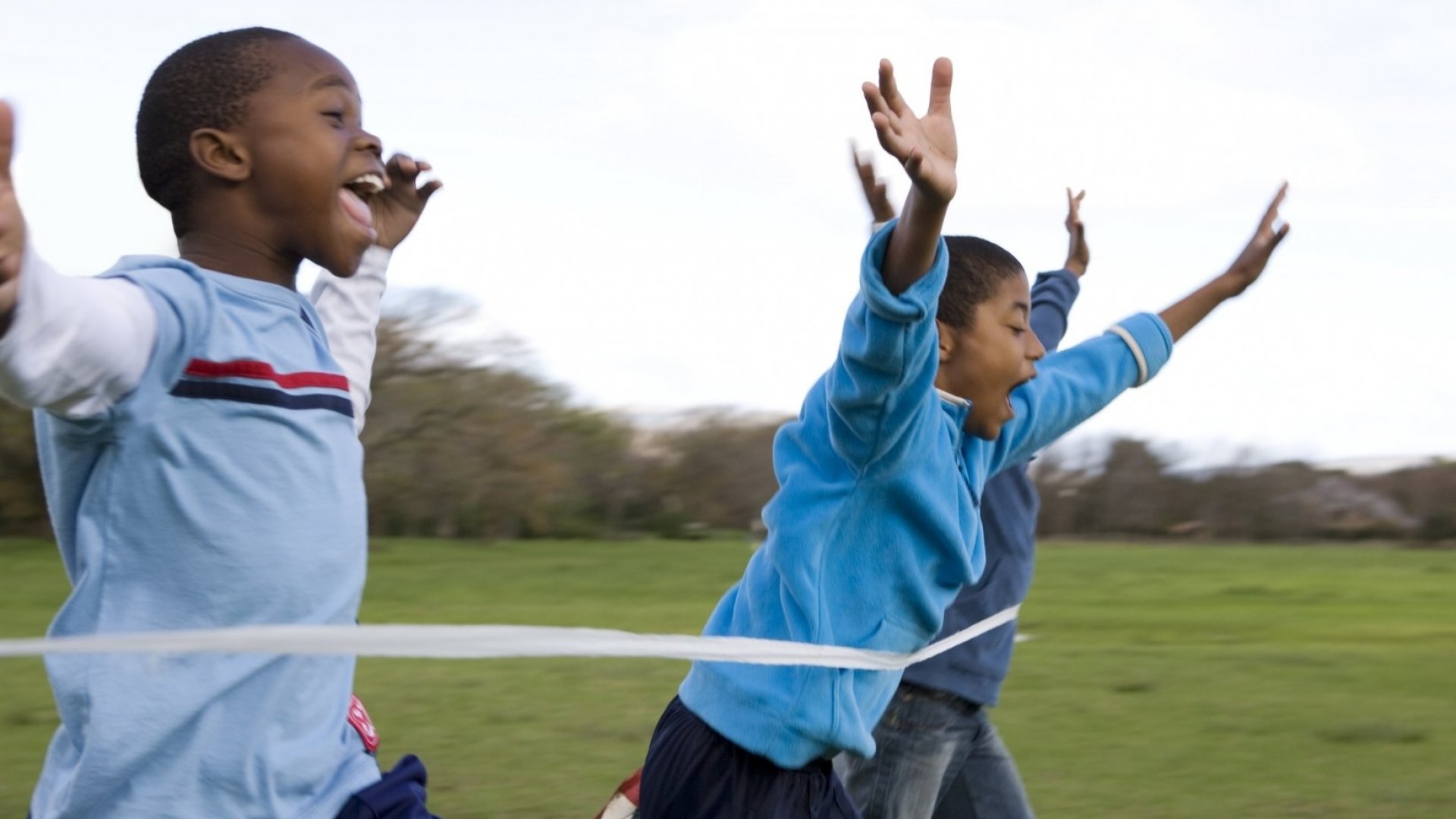
We expect our children to excel in every area, from schools to sports and extracurricular activities. But are our standards reasonable?
We are well into winter here in the Pacific Northwest. Our days are short, and our nights (rather cruelly) begin around 5:00pm. By the time my middle schooler is home from a normal school day, it’s almost dark.
Last week, I picked up my two kids from school, greeted them in the car with a small snack, and reviewed our evening schedule. One was getting dropped off for piano, and the other needed to hustle and get changed for gymnastics. It was dark and soggy outside, and both groaned at the reminder of more activities. “We’re tired, Mom. We just want to go home.”
The thing was, I was also tired. I also just wanted to go home. I wanted to put on sweatpants and get dinner started. I knew that 1.5 hours of lessons and driving around would have us arriving home feeling hungry and grumpy- that dynamic is something I try very hard to avoid. More than anything, I wondered why I actually cared if they went to their after-school classes.
Youth has become a time when human beings are not only learning how to navigate our contemporary world but they’re expected to do it gracefully and with unending energy for activity. As parents, we often feel a deep sense of failure if our children aren’t performing well at school if they aren’t popular with their peers and teachers, or if their schedules aren’t regularly booked up. When my kids sit around on iPads, I tend to reflect that back on myself, and I worry about how I’m messing this whole thing up.
This essay isn’t actually a comment on kids being over-scheduled. I think many of them are, but some kids really do enjoy being busy, and many parents see clear benefits from in-person classes over being isolated at home and on screens. I get it. They aren’t often using their free time to climb trees anymore.
My question is less about time commitments and more about measurements of success: What makes a successful child? How about a successful teenager? And how do parents project their own insecurities onto their children- sometimes making their lives far more overstuffed and stressful than our own?
That rainy day in the car, I took one child to piano lessons. During his 45-minute lesson, I read a smutty thriller-type novel. I just sat in the car, reading nonsense, not having to think much at all. While I did that, my son was sitting attentively with his piano teacher (making this his 8th hour of sitting with some sort of teacher that day). While my brain was resting, he was still engaged with new learning challenges.
After that, I took my daughter to gymnastics. She does a lot of gymnastics with friends during her elementary school recesses, but she often wants to learn more advanced skills. However, on this cold rainy day, she was not subtle about her want to skip class. She was physically and mentally tired. As classes are expensive and we had committed to a season, I made her go anyway. During her class, I sat in a chair among the other waiting parents, scrolling Instagram on my phone. None of us chatted with each other, as we were all content to enjoy some silence.
Those moments strike me sometimes- the way that my success is measured is by simply signing my kids up for activities and then getting them there. But it’s the children themselves who are expected to learn and practice these new skills. How up for that task they are that day doesn’t usually matter. A common familial mantra is: “Welp, we signed you up, so you’re going.” I’m not going to a weekly enrichment class after work, but they are.
This sort of double standard expands into their social lives, as well.
When extended family ask about how my kids are doing, I often reference their friendships. “She’s well, thank you! She’s often busy with her friends.”
That’s not a terrible metric- it’s healthy and necessary that humans socialize. Too much isolation isn’t good for anyone, and some children love to spend as much time with friends as possible.
But for others, social activities can feel draining, and they need a lot of downtime to be alone and recharge. Some also find remote hangouts (like gaming) to be a fun and fulfilling way to connect with pals without much of the added stress of face-to-face interactions.
As an introvert, I can relate very much to this need. I also love to come home from work and be all alone. What a treat that is! I know myself, and I understand that I’m able to maintain relationships with others, even if I’m not constantly being social. I consider myself a mostly well-liked person who treats people with kindness and respect. I have friends who I love and who love me. I am often alone, but I also have beautiful and rewarding connections.
If I can manage that balance in my life, why can’t I also trust my children to manage it? Why do I feel the need to push social activities on them? Why are other parents and I contacting each other to schedule playdates that our children didn’t ask for?
Why do young people who enjoy being alone worry us so much? Could full days of engaging with peers tire them out, just as they do us?
These are examples of ways that our measurements for successful childhoods are often beyond what we expect of ourselves. The list goes on.
We want our kids to get high grades and be adored by their teachers. But we aren’t constantly striving to be the highest achievers at work. We want our kids to be multilingual. To be musical and artistic. To want to devour books. To be athletic and to love team sports. I’ve never loved team sports- what made me think I’d have children who’d be itchy to get out onto a soccer field?
So, if being superstar students, exceptionally popular with peers and adults, and impressive athletes and artists aren’t our measurements for childhood success- what should be?
I’d argue that we need to adjust these standards.
I think that a child having just one close friend, or a very small group of intimate connections, is just as valuable as having a vast friend network. It’s the practice of being a good friend that matters- practicing sharing, kindness, empathy, problem-solving skills. Those are all the important things. And those can happen with only one or two other people.
I don’t think our children need to play sports, but they need to work in a team. Sometimes, a family naturally functions as a team. Other times, it takes some extra practice. A community or volunteer project can hit some of those cooperative learning targets.
I don’t think every child needs to love reading. But I think they need an activity that calms their mind and bodies off screens. That can be drawing, rolling around on the floor, or petting the dog. They need to build skills to help regulate their own nervous systems.
I don’t think it’s neglectful to invite our own children to simply come home after school. It feels absurd even to write that, but it’s a real tension that caregivers feel. Should they just come straight home? Is that enough? Yes! Most of us love to come home after work. It feels so good to put our bags down, sit on the sofa, and relax. Most kids also find a lot of pleasure in that transition from the outside world to home. Let them have that. That’s why we spend so much energy building our homes- so that we can enjoy them.
Can childhood be a time when people practice kindness, empathy, emotional regulation, cooperation, and critical thinking without some conventional criteria we’ve learned to normalize? Absolutely. It’ll just take more and more parents being willing to feel vulnerable as their kids travel less conventional paths.
I have no doubts that we can give our children the same grace we often give ourselves. Life can be hard and so confusing; they need that grace every bit as much as we do.

Natalie is a mother, teacher, and writer, living in Portland. She loves exploring this wonderful city with her kids.
One thought on “Do Our “Measures Of A Successful Childhood” Actually Make Sense?”
Comments are closed.

You’re a good mother Nat, and I might add a profound thinker and writer